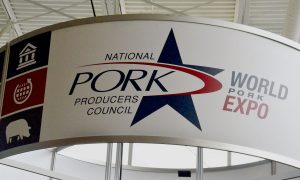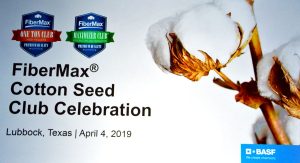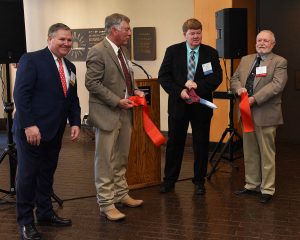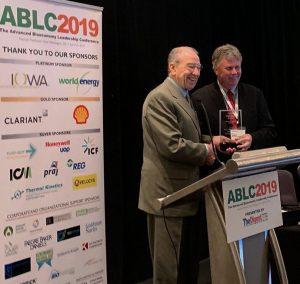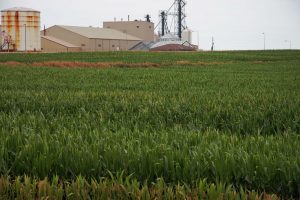 The lead researcher of a USDA study on the improving greenhouse gas benefits of ethanol compared to gasoline has shared more details about the agency’s findings.
The lead researcher of a USDA study on the improving greenhouse gas benefits of ethanol compared to gasoline has shared more details about the agency’s findings.
Dr. Jan Lewandrowski of USDA’s Office of the Chief Economist said the study grew out of September 2017 report released by the USDA regarding 11 different emissions categories related to corn ethanol production and combustion originally studied by the EPA in 2010. Earlier numbers showed a 21% reduction in emissions relative to gasoline. New numbers from the USDA show a 39 percent improvement over gasoline on average. Other factors can raise that number to anywhere from 42 to 46 percent or more. One area addressed in the study is international land use change.
“As U.S. corn ethanol production increases, we divert more corn to ethanol. It raises pressure on prices and commodity markets, and in some international markets, world farmers respond by bringing new land into production. That’s the logic behind the numbers in the EPA. And that happens a little bit,” said Lewandrowski. “But what we have found is over time, the main reaction of global agriculture was not bringing new land into production, but using existing cropland more intensely – double cropping, triple cropping, bringing fallow and other idle land back into production. And when you use existing land more intensely, your land use change emissions are going to be a lot less than if you’re converting new land like forest or wetlands into agriculture production.”
In addition, the USDA study found that ethanol plants continue to become more efficient. Most have switched from using coal to natural gas as their process fuel. Many are investing in more efficient energy use technologies. Plants are getting more ethanol out of each bushel of corn, and corn yields per acre continue to rise.
Hear more from Dr. Lewandrowski here: Dr. Jan Lewandrowski, USDA (Audio courtesy of Gary Crawford, USDA Radio)

